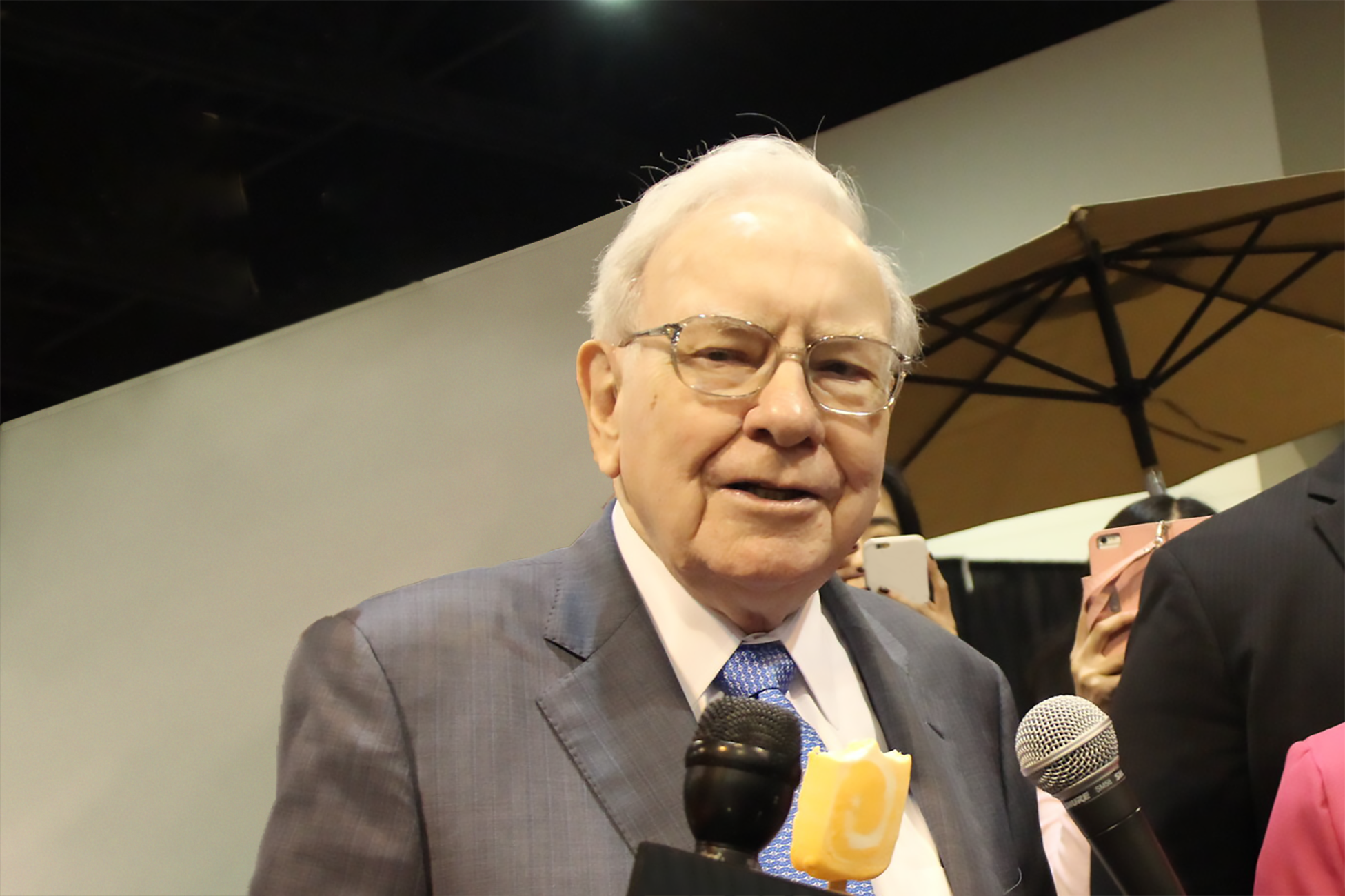What happened
Shares of Apple (AAPL +0.72%) traded down more than 5% on Monday as of noon EDT after the Supreme Court gave the green light for an antitrust suit against the company's App Store to proceed.
So what
Apple's App Store marketplace has long been a target of some consumers and developers because the company takes a commission of up to 30% on sales, the so-called "Apple Tax." A group of customers sued Apple in 2011, charging that the App Store is a monopoly, and in late November the case reached the U.S. Supreme Court to determine whether customers or app developers have standing in the suit.

Image source: Getty Images.
Apple had argued that only developers, and not users, should be able to bring a lawsuit, but the Supreme Court, in a 5-4 decision authored by Justice Brett Kavanaugh, ruled "Apple's line-drawing does not make a lot of sense, other than as a way to gerrymander Apple out of this and similar lawsuits."
Now what
It's worth noting that the Supreme Court did not rule Apple a monopoly, but rather allowed the suit to proceed. Larger app developers, including Netflix (NFLX 1.75%) and Spotify (SPOT 0.94%), are already taking steps to bypass the Apple Tax, but if the litigation is successful it could mean less revenue for Apple from smaller app developers as well.
Apple is putting a major emphasis on services to counter a slump in global smartphone shipments, and if the company is forced to lower that 30% commission that would be a step in the wrong direction. Given Apple's size and reach, it is well positioned to make a lot of money from its App Store regardless of how the litigation goes; however, following the Supreme Court ruling, the growth argument for Apple shares just became a little harder to make.






